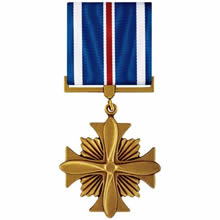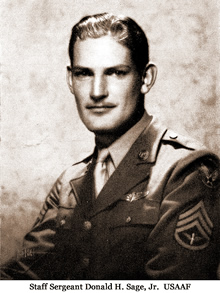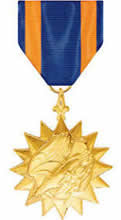Staff Sergeant Donald Henry Sage, Jr.
 |
 |
 |
Donald Henry Sage, Junior, was born on August 31, 1921, the son of Donald H. and Agnes Davidson Sage. After graduating from the Choate school in Connecticut Donald went to work at a radio station, using his broad knowledge of electricity. In January, 1942, barely a month after Pearl Harbor, Donald enlisted in the United States Army Air Forces and reported to Mitchell Field on Long Island for his basic training. Several months later he was transferred to Bombing School in Florida. Later, during further training at Kelly Field, San Antonio, Texas, he becamre qualified as a bombardier-navigator and machine gunner. He then joined a training unit for 6 months and was later assigned to the 490th bomb squadron and ordered overseas to Burma.
Donald was promoted to staff sergeant in 1943 and flew in support of troops operating against the Japanese in northeast India near the Chinese border. He flew almost every mission as a wing man, and by May, 1944, he and his crew had completed 50 missions and were eligible for rotation back to the States. Donald's father, Donald senior, a captain stationed in Washington, had arranged for him to become an officer pilot. While waiting to return to the States, however, a message came in calling for emergency air support during the Battle of Imphal in Assam, and he volunteered. His plane was reported missing in action on June 6, 1944. The entire crew were instantly killed. He was considered by his fellow flyers and extremely competent airman who could be called upon to fill any mission requirement.
in addition to his Purple Heart, Donald was later awarded the Distinguished Flying Cross and the Air Medal, shown above left and right. The qualifications for the DFC read in part as follows: The Distinguished Flying Cross is awarded to a member of the United States Armed Forces who distinguished himself by heroism or extraordinary achievement while participating in aerial flight. An act of heroism must be evidenced by voluntary action above and beyond the call of duty. Extraordinary achievement must have resulted in an accomplishment so exceptional and outstanding as to clearly set the individual apart from others in similar circumstances.
Donald's achievements are memorialized in the American Military Cemetery in the Philippines. His body was never recovered, and he was listed among the thousands of American soldiers reported missing in action.
During that year, Donald H. Sage, Senior, my father, wrote a poem, “Observation,” about the state of things in the world. Whether he wrote it before or after Donald Junior's death I don't know. But it still resonates concerning what mankind has wrought. The sentiments expressed in the poem are still relevant in the troubled world of 2021.
| Sage American History | World War II Home | World War II Pacific | H.J. Sage Bio | Updated March 22, 2021 |